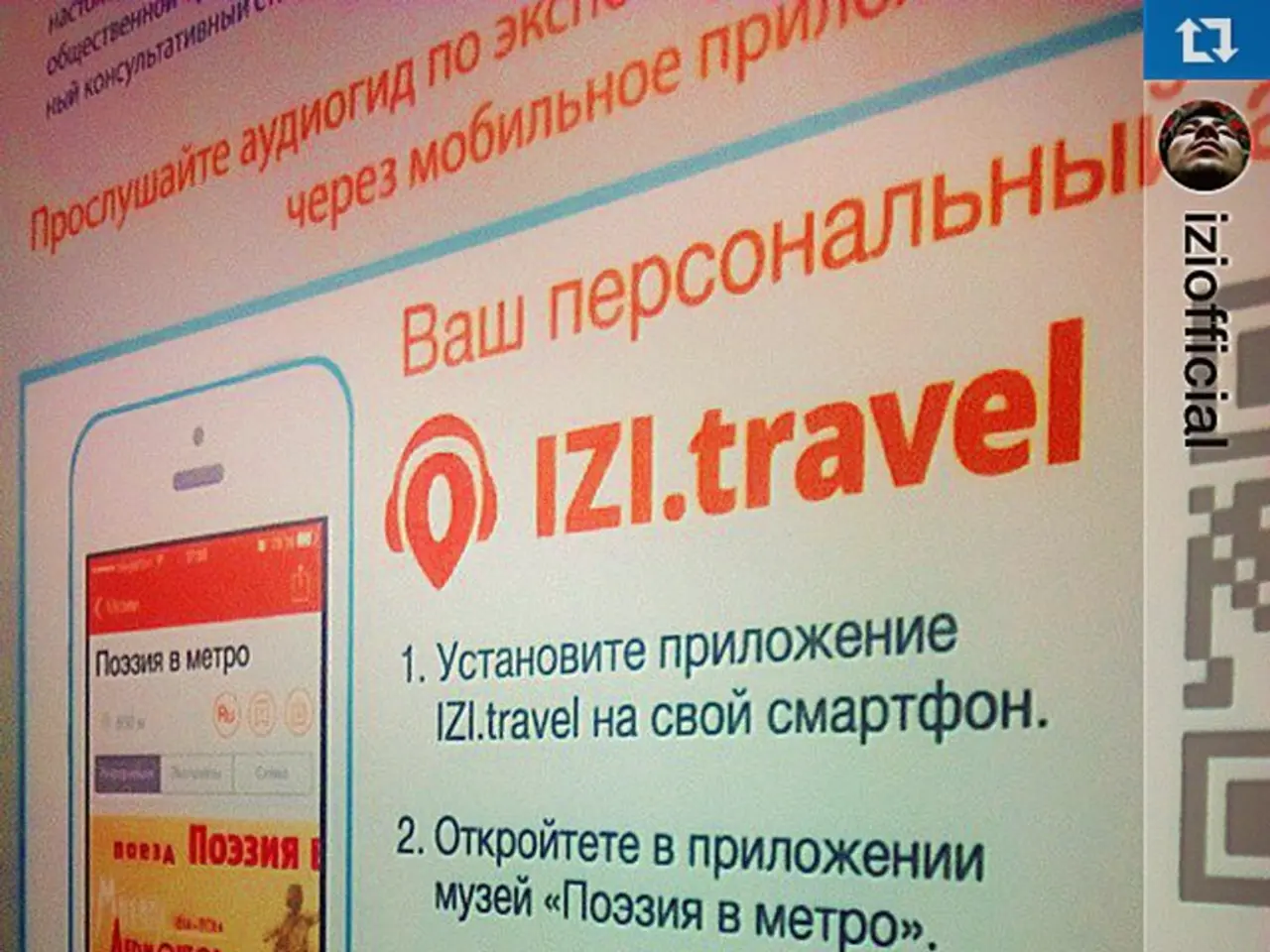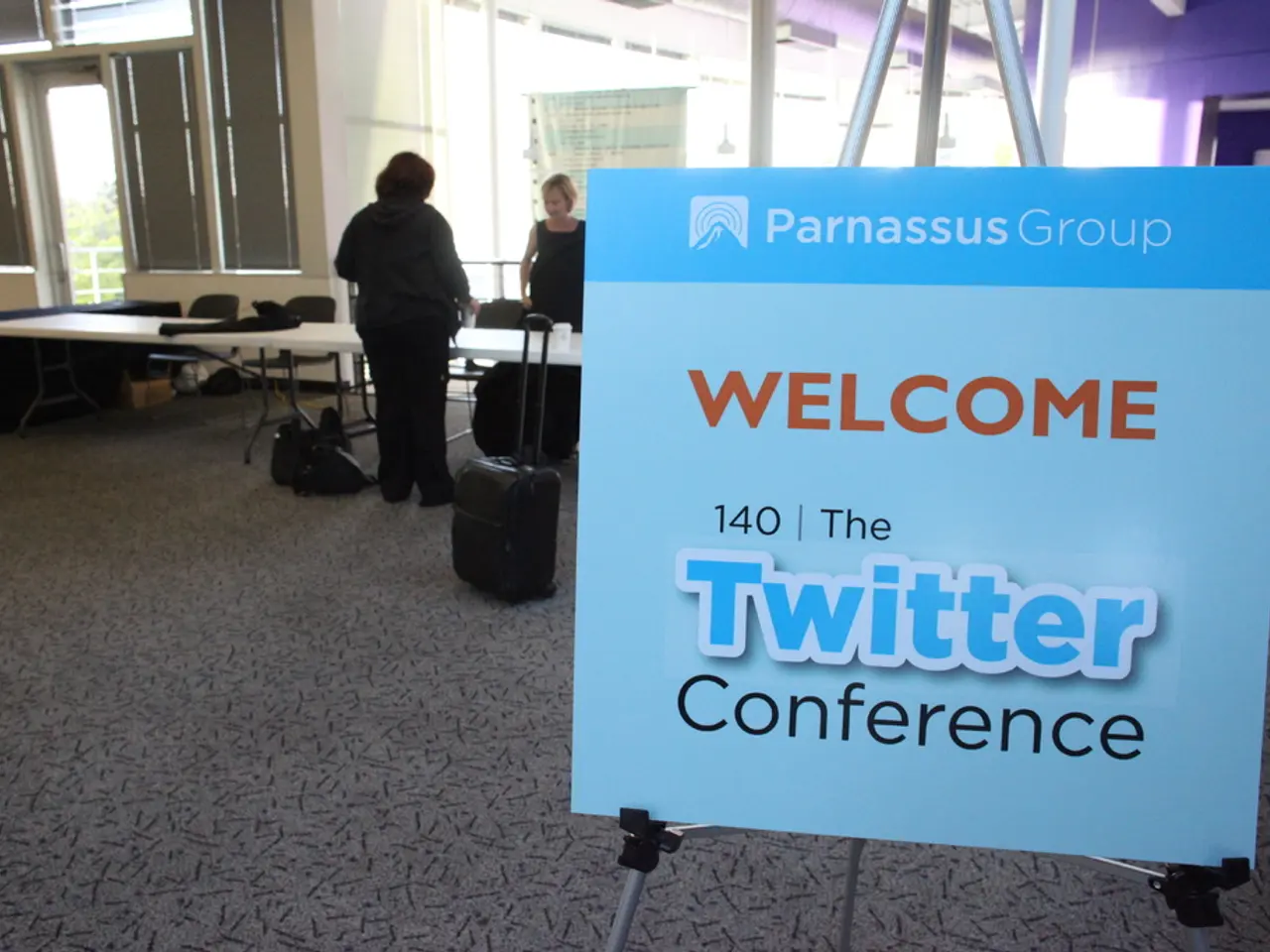Is it Necessary to Implement a Global Basic Income (GBI)?
Universal Basic Income (UBI) is a government policy that replaces complex, means-tested welfare systems with a single, unconditional payment to every citizen. Ongoing research and pilot programs are essential for understanding the impact of UBI on society and individual well-being.
Several ongoing and recent pilot programs are exploring the effects of UBI across different contexts. In Ontario, Canada, researchers surveyed over 200 participants from a 2017–2019 pilot and found improvements in mental health, housing stability, and social relationships, alongside fewer hospital visits, suggesting positive health outcomes and reduced strain on services. Finland, the United States, and other regions are also conducting studies focusing on social outcomes like labor market participation, poverty alleviation, mental well-being, and gender equity.
UBI has shown promise in reducing poverty by providing a financial safety net, especially for low-income individuals and families. By replacing or supplementing complex welfare systems, UBI can more efficiently deliver financial support and reduce administrative burdens. However, evidence regarding workforce participation is mixed. While some studies report that UBI recipients are less likely to be employed and work fewer hours, others suggest that it may enable individuals to pursue education, start businesses, or take risks that traditional welfare systems discourage.
One of the key benefits of UBI is its potential to support entrepreneurship and innovation. By providing a guaranteed income floor, UBI can lower the risk associated with entrepreneurial activities, fostering small business creation and potentially boosting local economies. Moreover, UBI may reduce the stigma associated with traditional welfare, encouraging participation and reducing barriers to seeking help.
UBI recipients have also reported improved mental health, physical health, and social relationships. The Ontario trial observed fewer hospital visits and improved general health outcomes, suggesting UBI may reduce health service burdens. Recipients have also experienced better housing stability and stronger social ties, potentially due to reduced financial precarity.
Despite these promising findings, challenges remain. Fiscal feasibility, work incentives, impact on inequality and gender, and scalability are major concerns. Critics argue that UBI may discourage individuals from seeking employment if the basic income sufficiently covers their needs, reducing workforce participation. Implementing UBI on a large scale requires significant funding, potentially straining public finances and leading to higher taxes or increased debt.
Ongoing studies continue to assess fiscal feasibility, scalability, and long-term societal impacts, with open questions remaining about the optimal design and implementation of UBI policies. UBI remains a compelling proposal for addressing poverty and inequality in today's world, offering a safety net for vulnerable groups and empowering individuals to choose how to spend their money according to their specific needs. However, the information provided should be treated with caution and skepticism, as it is a compilation, not verified by a qualified economist. It should not be used for diagnosing or treating any looming economic disaster, making financial decisions, or replacing professional advice from economists or financial experts.
- The potential for UBI to support entrepreneurship and innovation can be observed through its ability to lower the risk associated with starting a business, possibly boosting local economies and reducing the stigma associated with traditional welfare.
- By providing a financial safety net, UBI has shown potential in reducing poverty, particularly for low-income individuals and families. This micro-level impact could lead to broader socio-economic benefits, such as improved mental health, physical health, and social relationships, as well as reduced health service burdens and housing insecurity.




